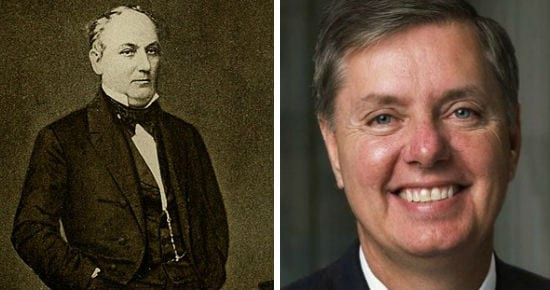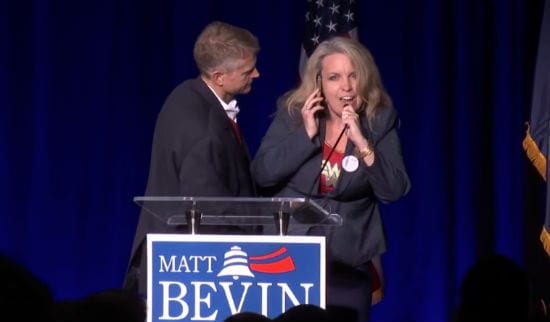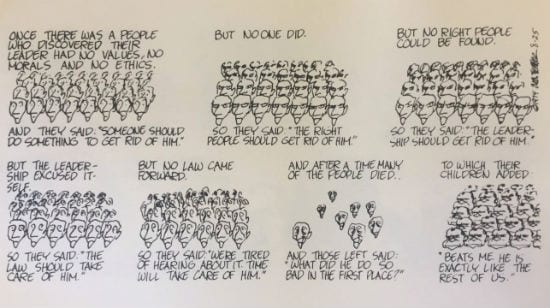“What if [America] got massively more involved in Syria, but in a way that was not military?” Rachel Maddow asked last week. What might that look like? What options are there other than 1. Bomb; and 2. Don’t Bomb?
“The list of concrete, actual proposals is not all that long,” Maddow acknowledged, “but it is growing and it turns out it’s growing in a nonpartisan, non-left/right split kind of way. The ideas are coming from everywhere.”
Maddow highlighted Republican Rep. Chris Smith’s call for an international tribunal on war crimes in the Syrian conflict. And she pointed to Lydia DePillis’ WonkBlog piece examining “Three big ways the U.S. could help Syrians without using the military.”
DePillis’ three points are these: 1. Let more people in (accepting more Syrian refugees in the U.S.); 2. Insist that Russia at least support a Security Council resolution protecting medical facilities within Syria; and 3. Give more aid. That second step is laudable, but I’m not sure it really counts as a “big” way to help. DePillis’ first and third steps, though, really could have a big impact on the lives of Syrian people who are suffering from this conflict. I don’t know how they would affect the conflict itself, but for the affected people, they would be far more effective while also being far less costly for America (cruise missiles are not cheap).
 The focus on refugees is something I’ve seen a lot of from those of us calling for some alternative other than bombing and not-bombing.
The focus on refugees is something I’ve seen a lot of from those of us calling for some alternative other than bombing and not-bombing.
The need is real, desperate and urgent. The UN High Commissioner for Refugees says that more than two million Syrians have become refugees in this conflict — including more than a million children. Some 740,000 Syrian refugees are children under the age of 11.
A massive increase in aid and support for these refugees may not do much to bring Syria’s civil war to a swift and just conclusion, but it could mean the difference between life and death for many of those 740,000 young children. The current lack of funding to assist such refugees, Rebecca Gang reports for The Guardian, means that some are risking their lives by returning home, hoping for better odds of survival amid the violence there than in refugee camps.
Again, I don’t know that aiding these refugees really amounts to an alternative to military intervention in that it addresses a different set of problems — problems that military intervention does not and cannot address, and that military intervention would likely make worse. But aiding refugees would certainly be an alternative to doing nothing — and it stands as a clear alternative to the notion that “doing nothing” and military action are the only possible options. Aiding refugees — and accepting more refugees here in America — might not directly address the goal of ending the conflict, but military intervention is unlikely to advance that goal either.
The strongest reason for why aid for refugees should be increased is simply that it’s something that can be done. It is a step that doesn’t require any further reason or benefit. If you see a drowning child that you are able to save, you save the child because you are able to do so. If any further reason is required, then it is unlikely that any further reason will be persuasive.
It’s possible that such assistance could benefit America’s national interest as well. Enhanced goodwill from millions of people in that region of the world is not nothing. And the potential to enhance America’s moral standing in the world can keep the U.S. from being trapped by having all of its eggs in the single basket of military superiority. But then the U.S. is already the largest donor of emergency food aid for Syrian refugees, and it’s possible that even a ten-fold increase in that aid would not result in America reaping credit or grateful praise for such assistance. So it’s probably best to see any such benefit only as a potential bonus and not a main motive for doing what we ought to do simply because we can.












